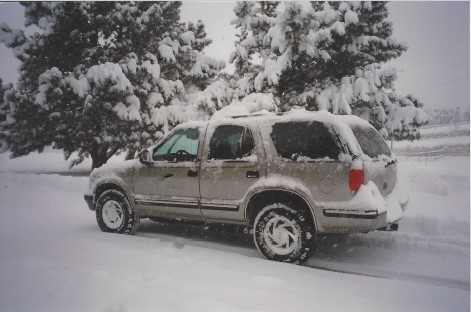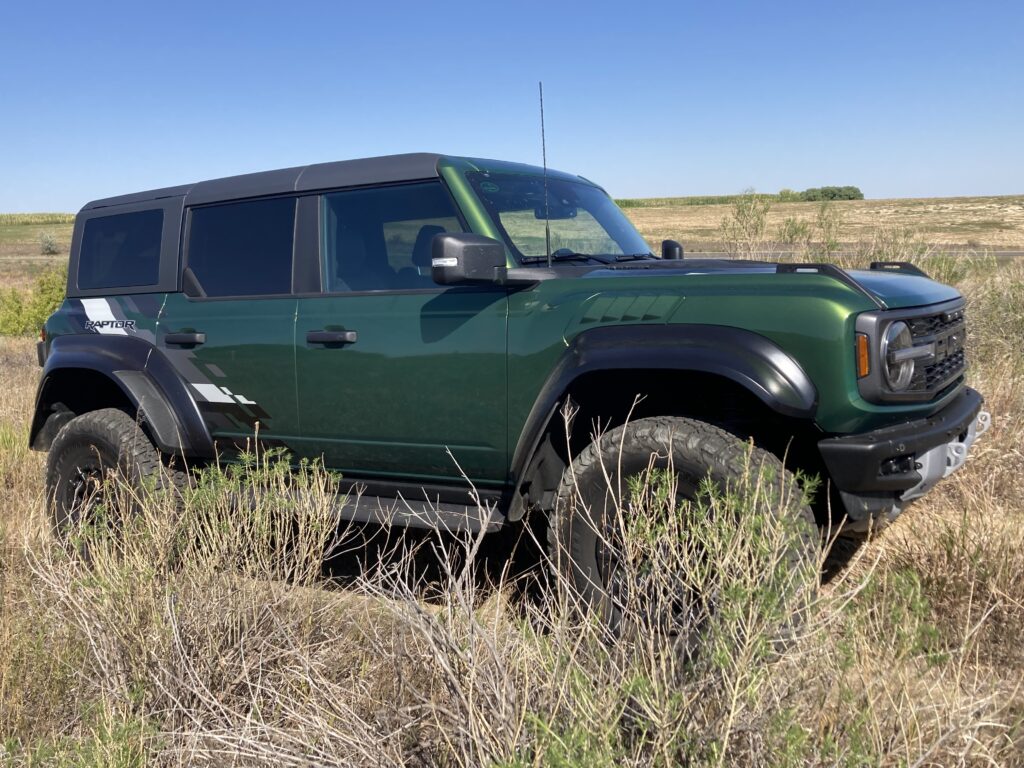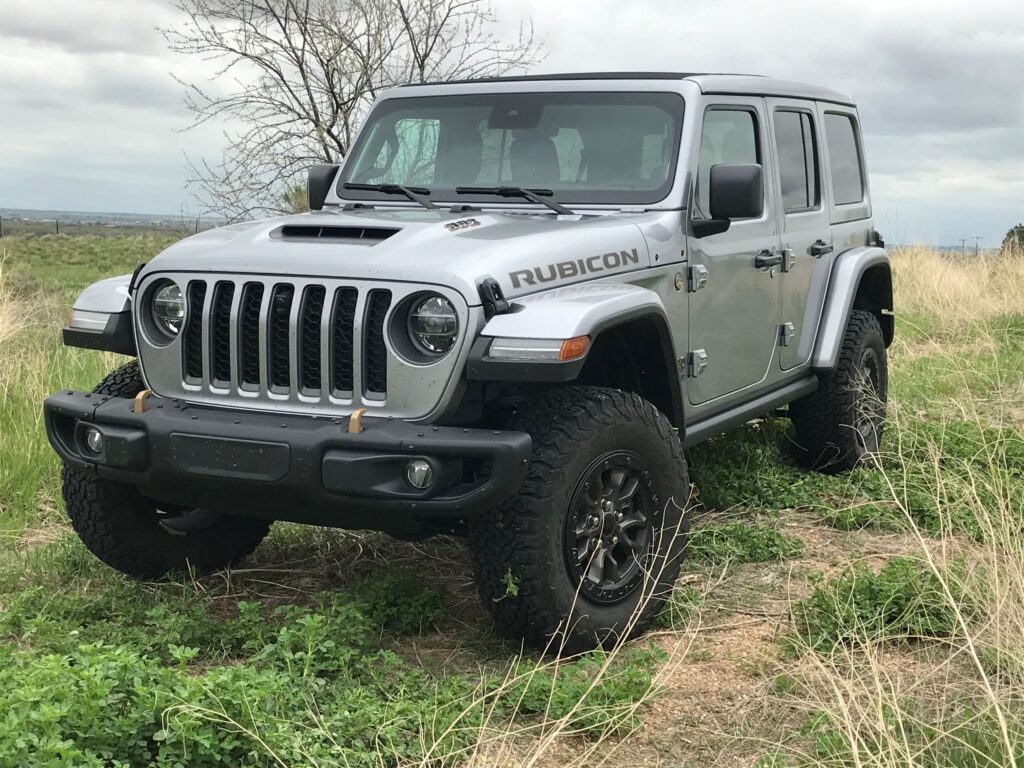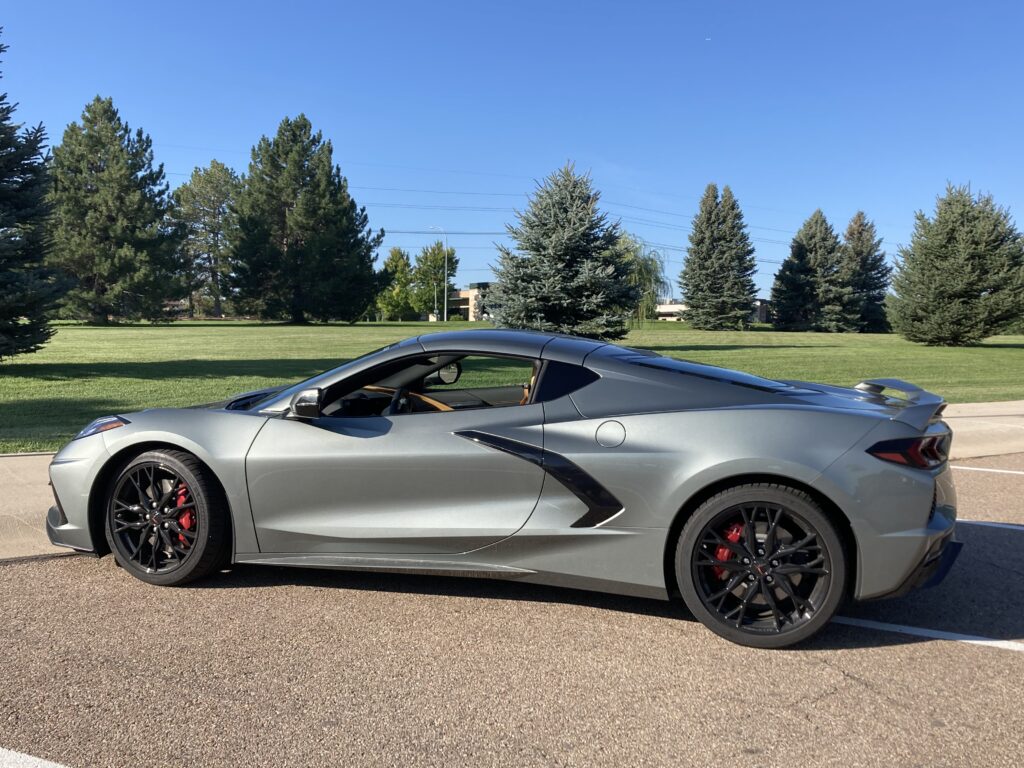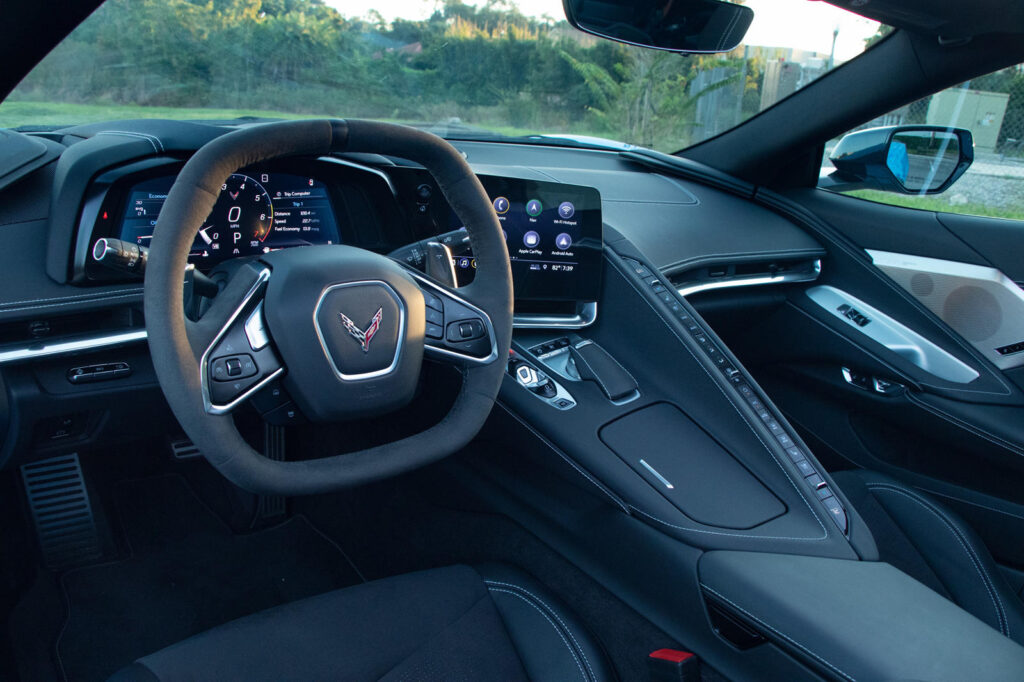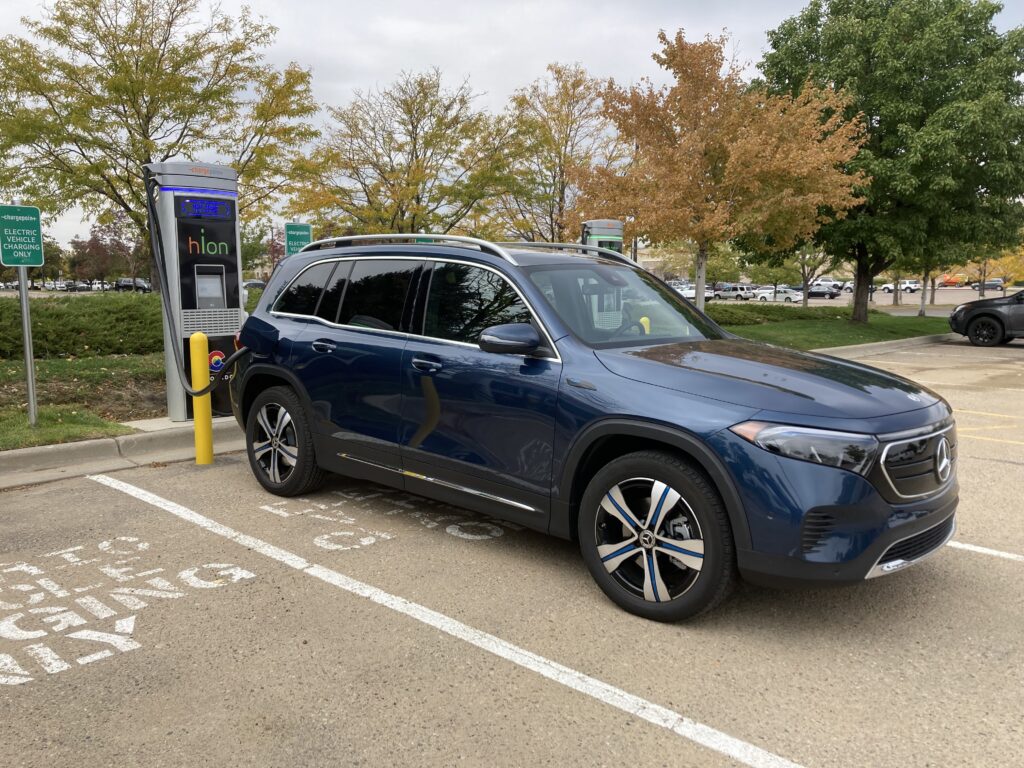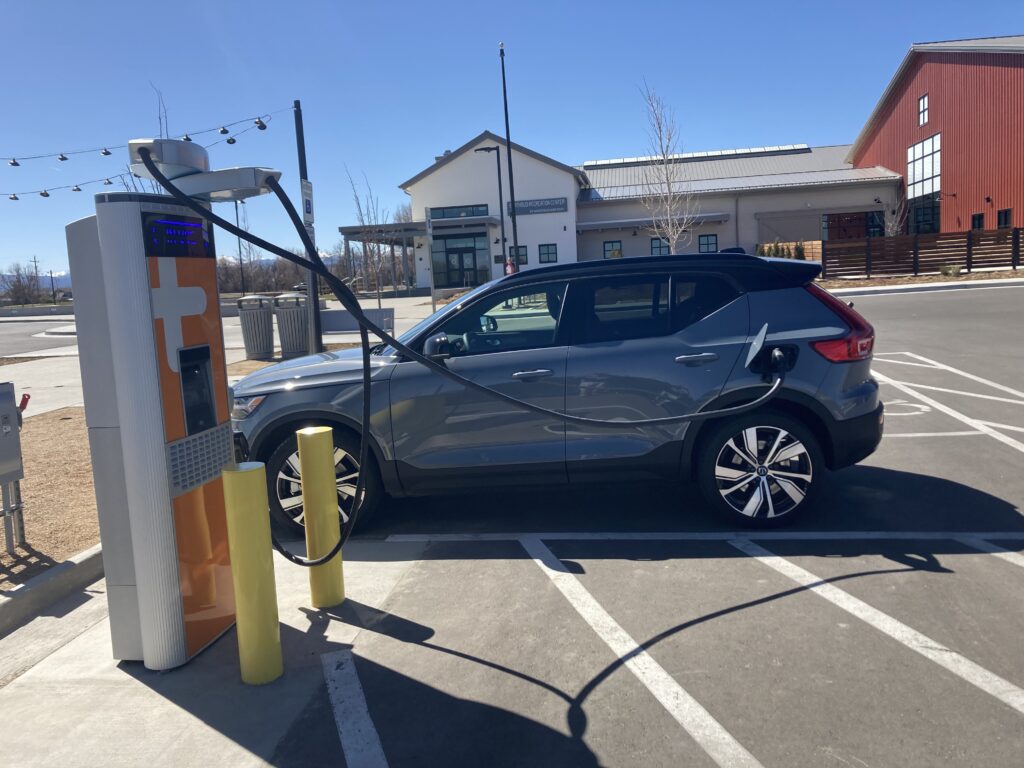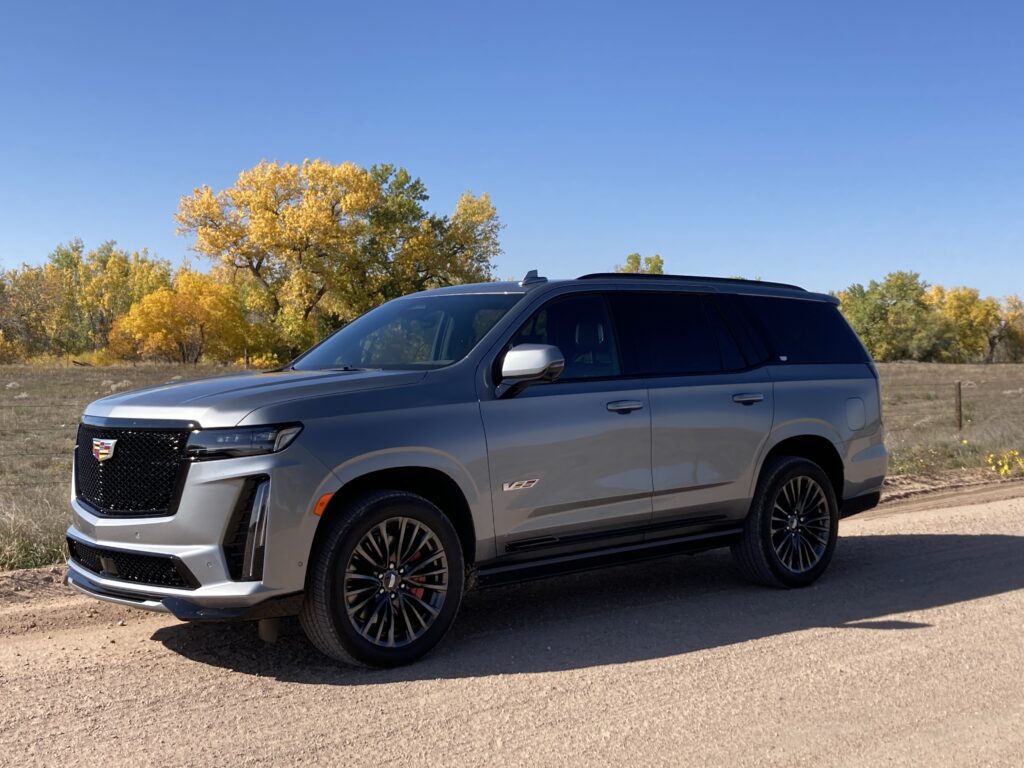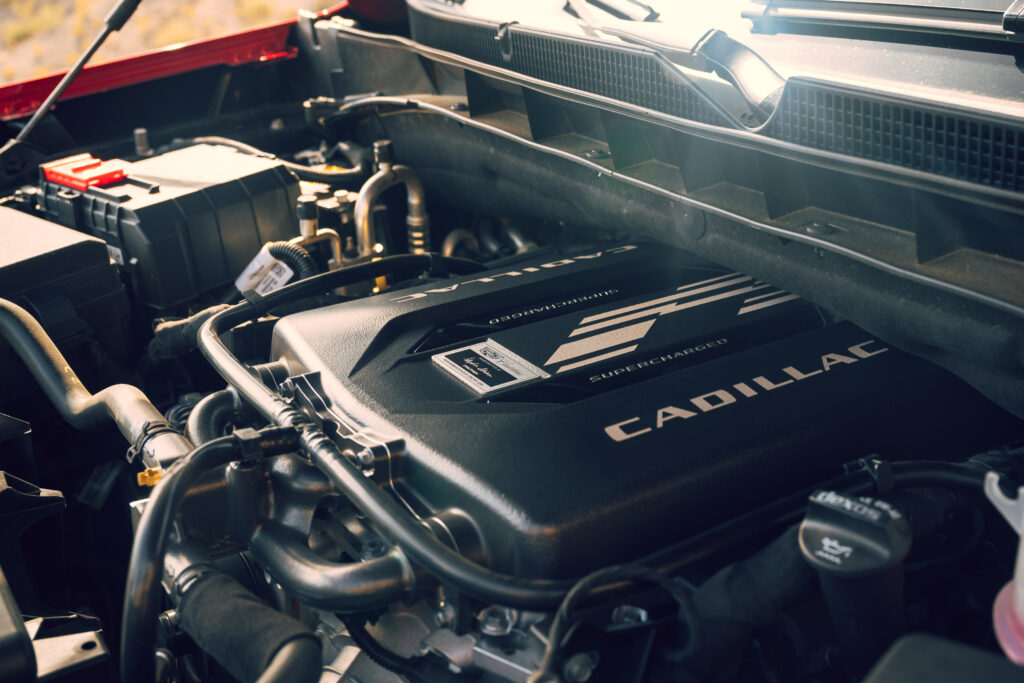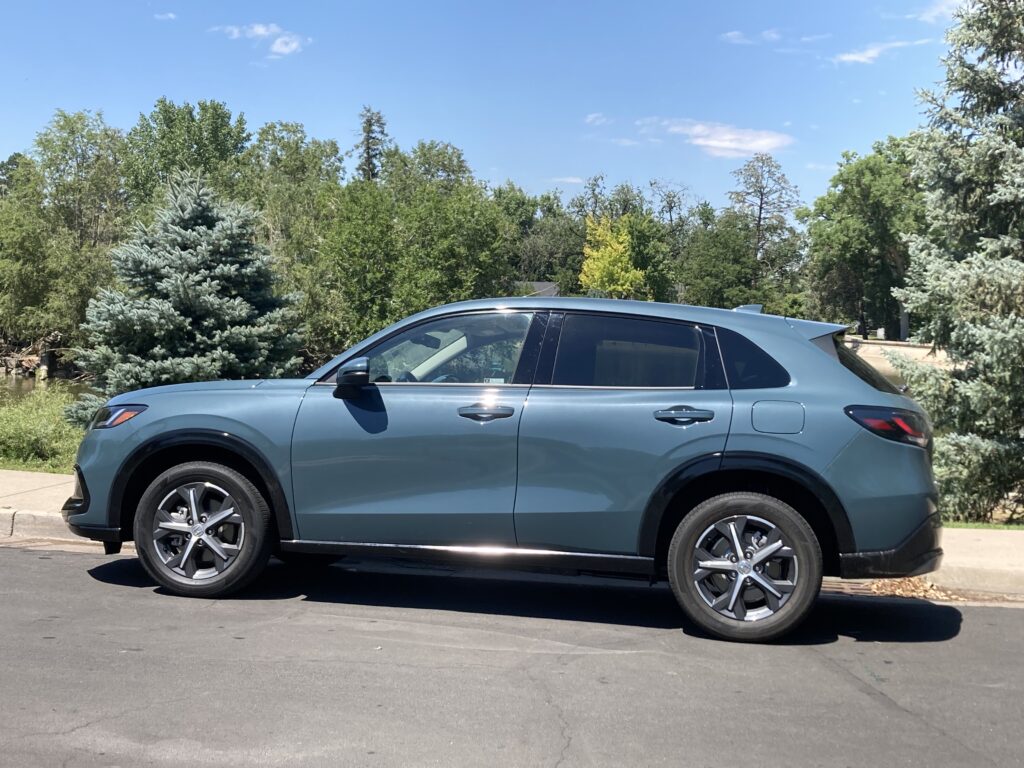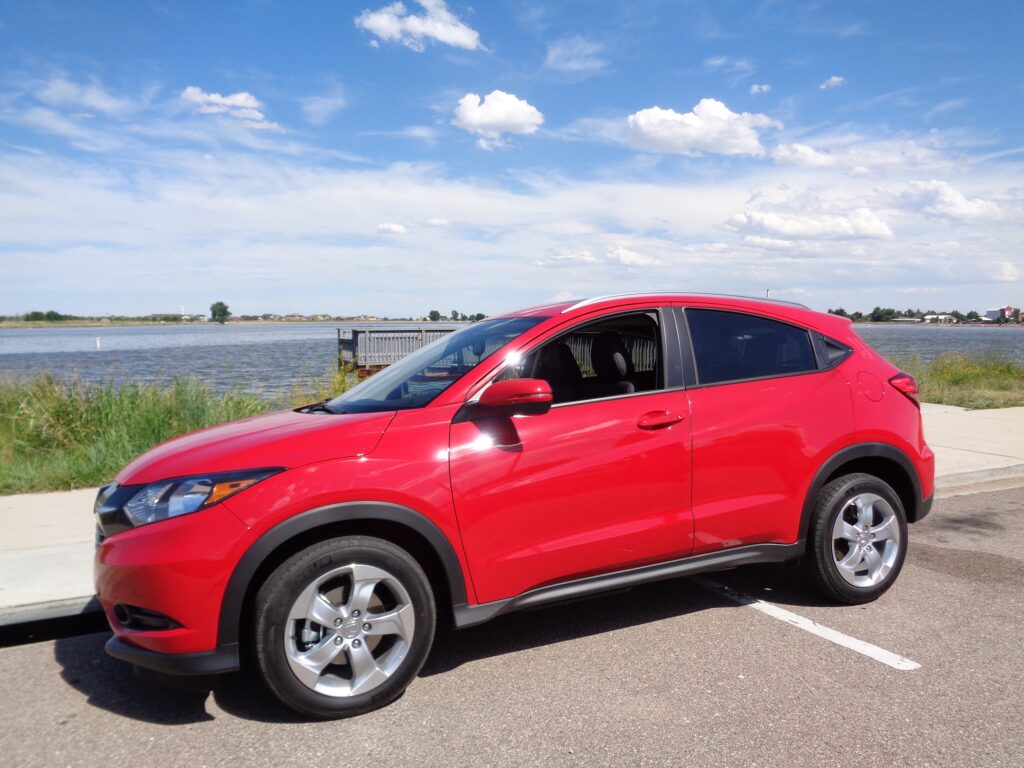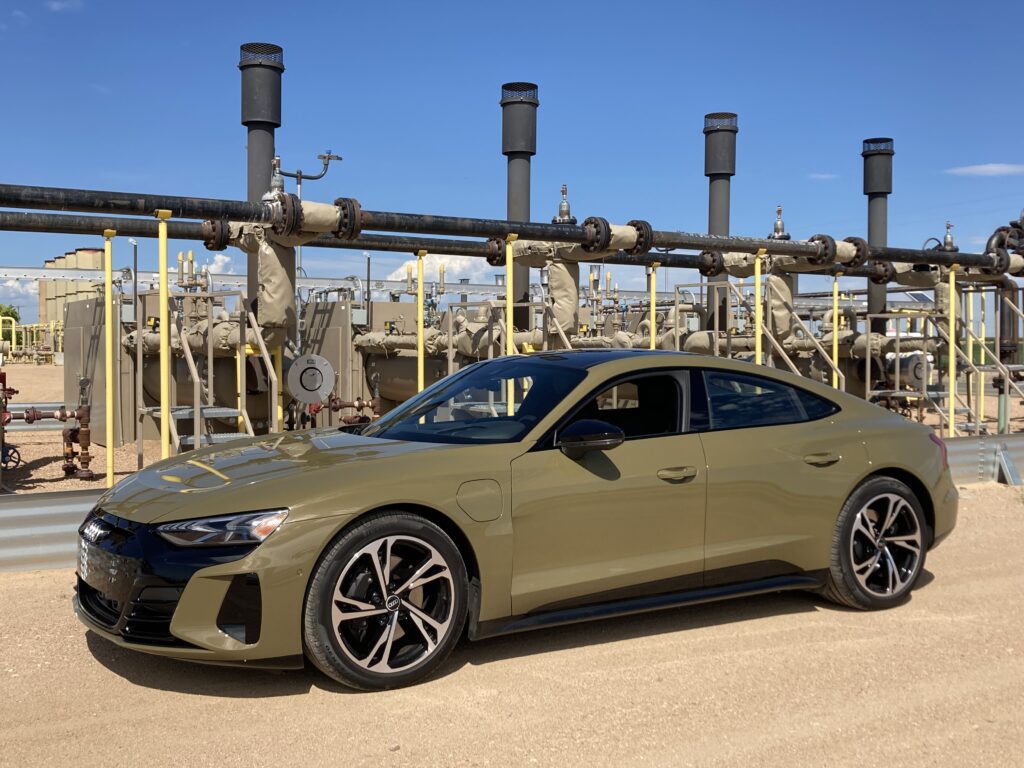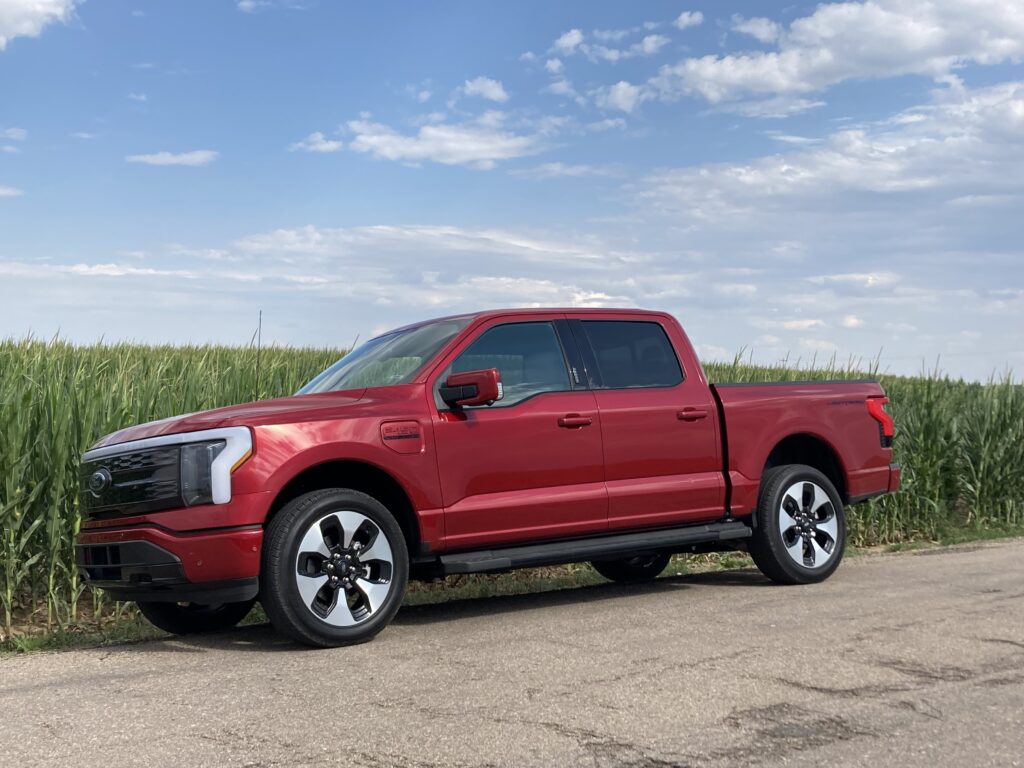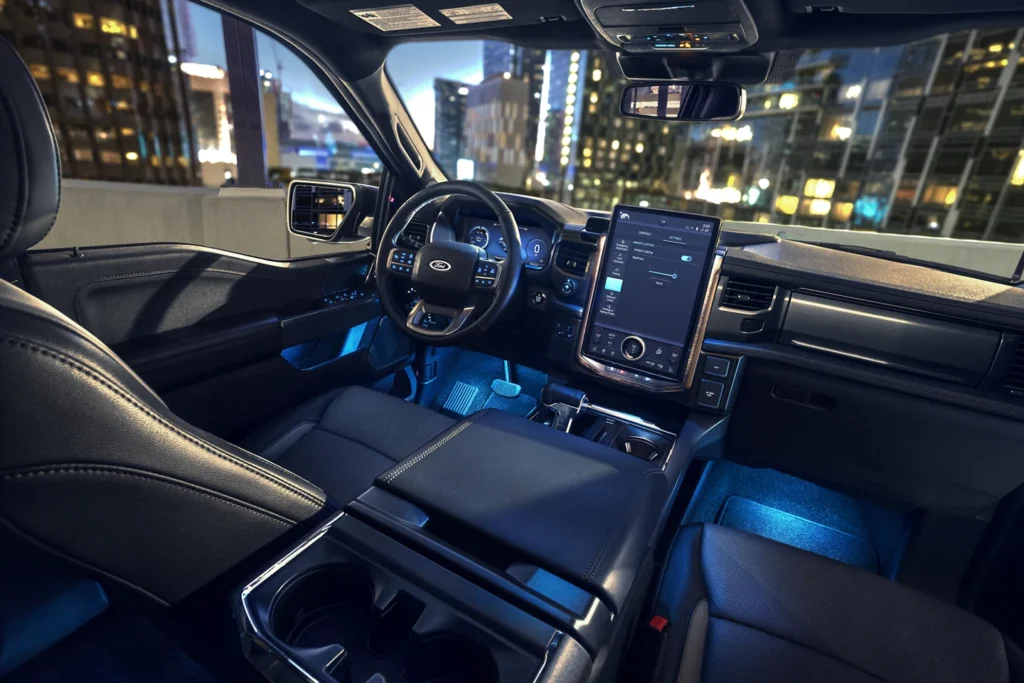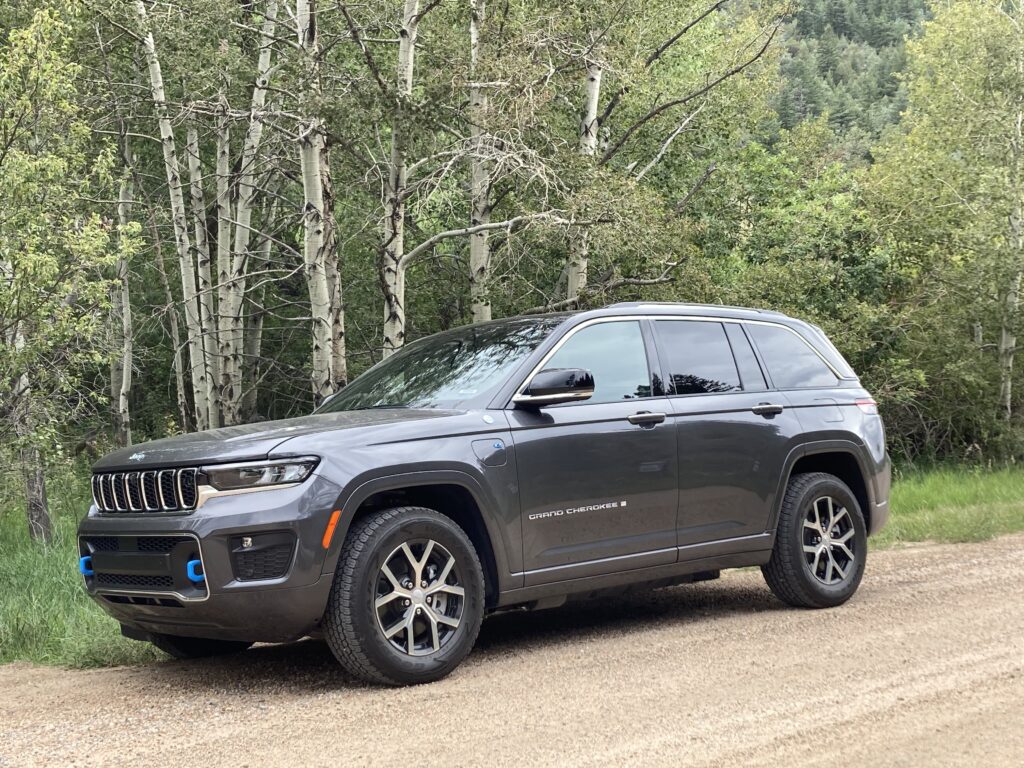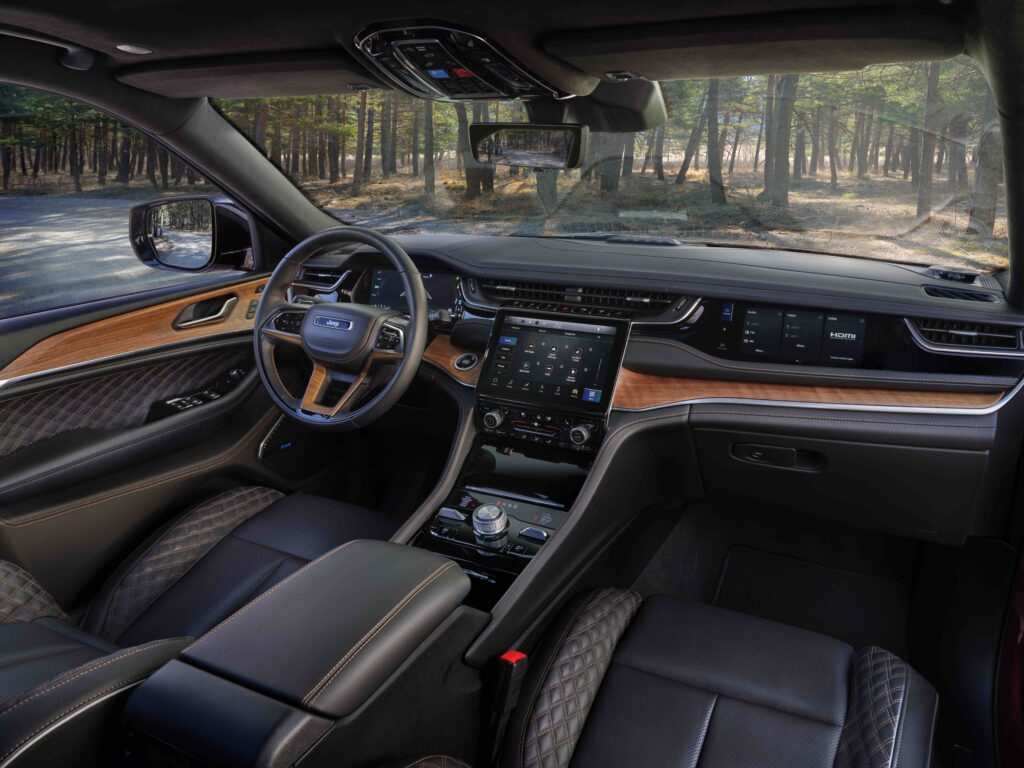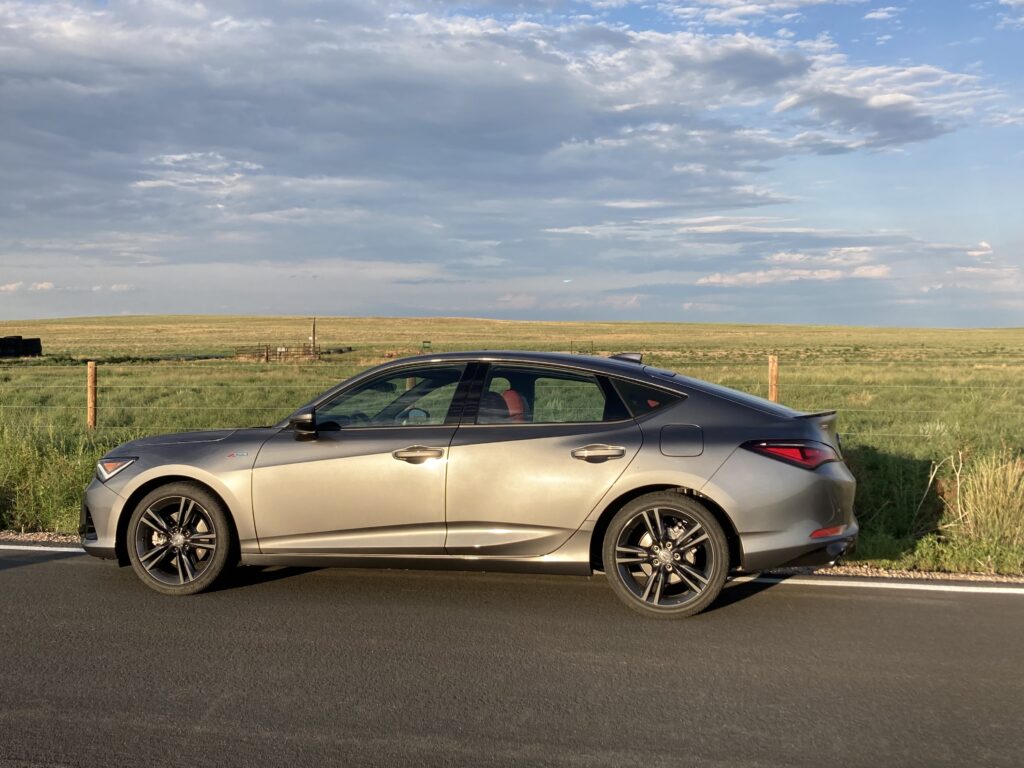By Bud Wells
(About this time 25 years ago, just before Thanksgiving 1997, I drove a 1998 Chevrolet Blazer four-door in a heavy snowstorm. Following are excerpts from the review:)
When I picked up a ’98 Blazer on a Friday morning from Luby Chevrolet, it had begun to snow. The snow was soon measured in feet, rather than inches. Who could have guessed the severity with which the storm would sock us?
The Blazer’s long been (since going to the compact size in the ‘80s) a great-handling sport utility, and its snow capabilities have impressed me on a couple of occasions. This was its biggest test.
An electronic push-button makes it easy-shifting into and out of four-wheel-drive mode. Insta-Trac’s 4-Lo got us away from the house Saturday, through the 2 ½-foot-deep snow and into the middle of the street. 4-Hi got us through the 1 ½-foot-deep snow in the driving lane in the middle of the streets.
The push-button immediately puts the Blazer in and out of 4-Hi. For shifting into 4-Lo’s “crawl through the snow” mode, the vehicle must be stopped and in neutral.
Reduce by a foot or two the Blazer’s relatively wide (39 ½ feet) turning circle and it would be ideal for getting about the city in heavy snow. It has smooth power from the long-dependable Vortec 4300 V-6 engine (190 horsepower).
The Blazer was the upgraded LT model, with sticker price of $31,446. New power remote sideview mirrors with defogger are an LT feature, an electronically tuned AM/FM/CD system highlighted other options. The redesigned instrument panel has turned air-heat and sound controls15 degrees toward the driver for easier access.
The automatic transmission shift lever has been relocated to the steering column from the floor console, increasing footroom for front-seat occupants, though the hump from the transfer case still intrudes on foot space for the passenger. The vehicle has easy step-in height.
I averaged 12.8 miles per gallon in four days of deep-snow driving (EPA rating is 16-20). The 4.3-liter V-6 is the only engine available for the Blazer. The four-door specifications include 107-inch wheelbase, 183.3 length, 4,050-pound curb weight and 18-gallon fuel tank.
In picking up the new vehicle from Lisa Fleischman, I got a look at the finishing touches of a remodeling project at Luby Chevrolet on South Wadsworth Boulevard, where the business moved in the 1970s after operating in downtown Denver since 1920.
Blazer competes with Ford Explorer, Jeep Grand Cherokee, Nissan Pathfinder, Toyota 4Runner and Isuzu Rodeo.
